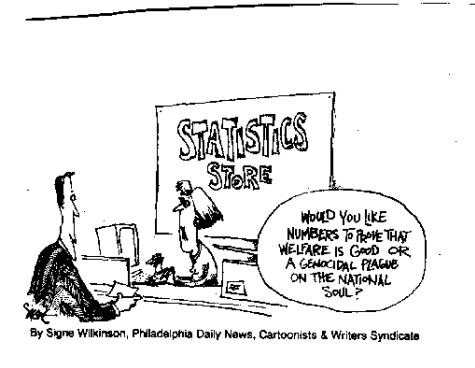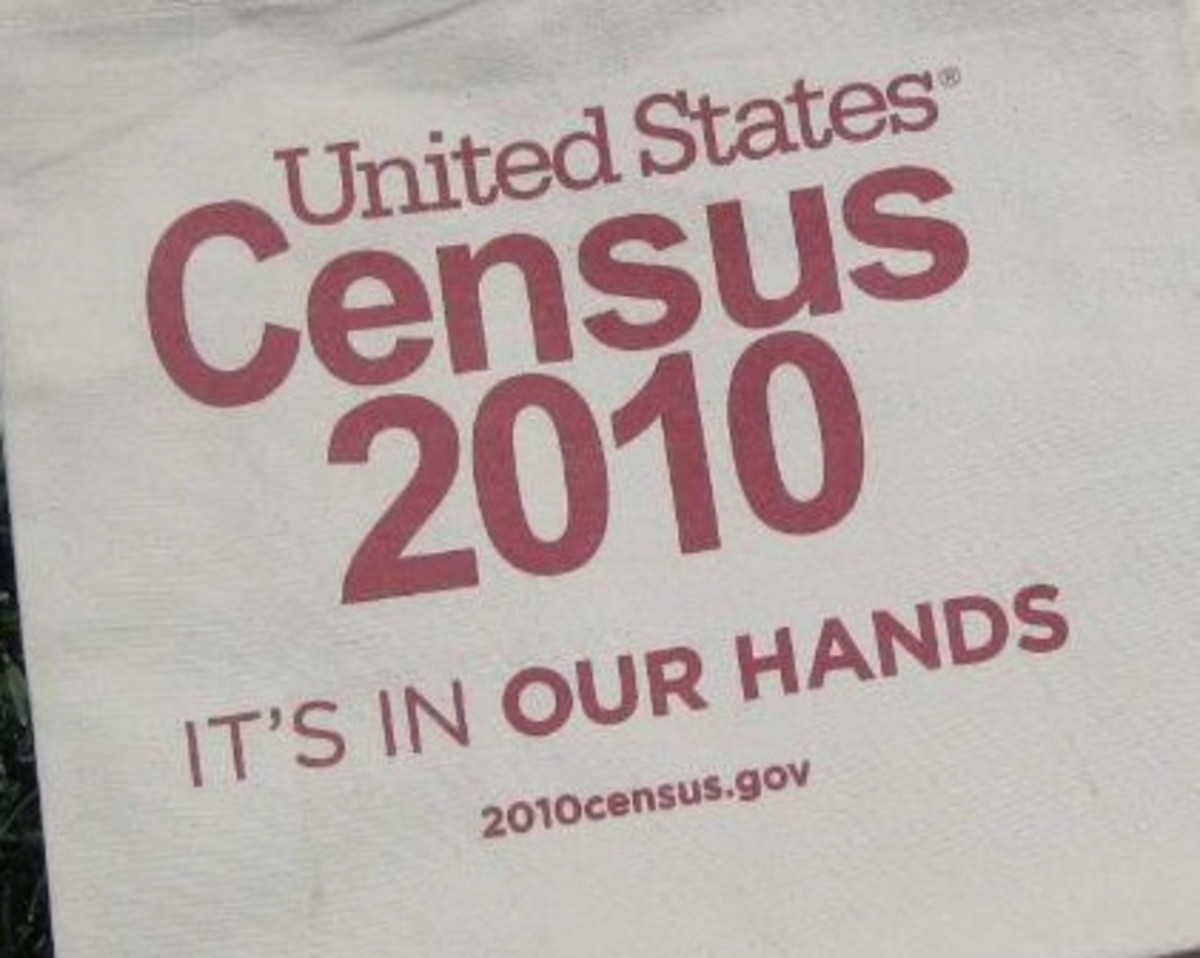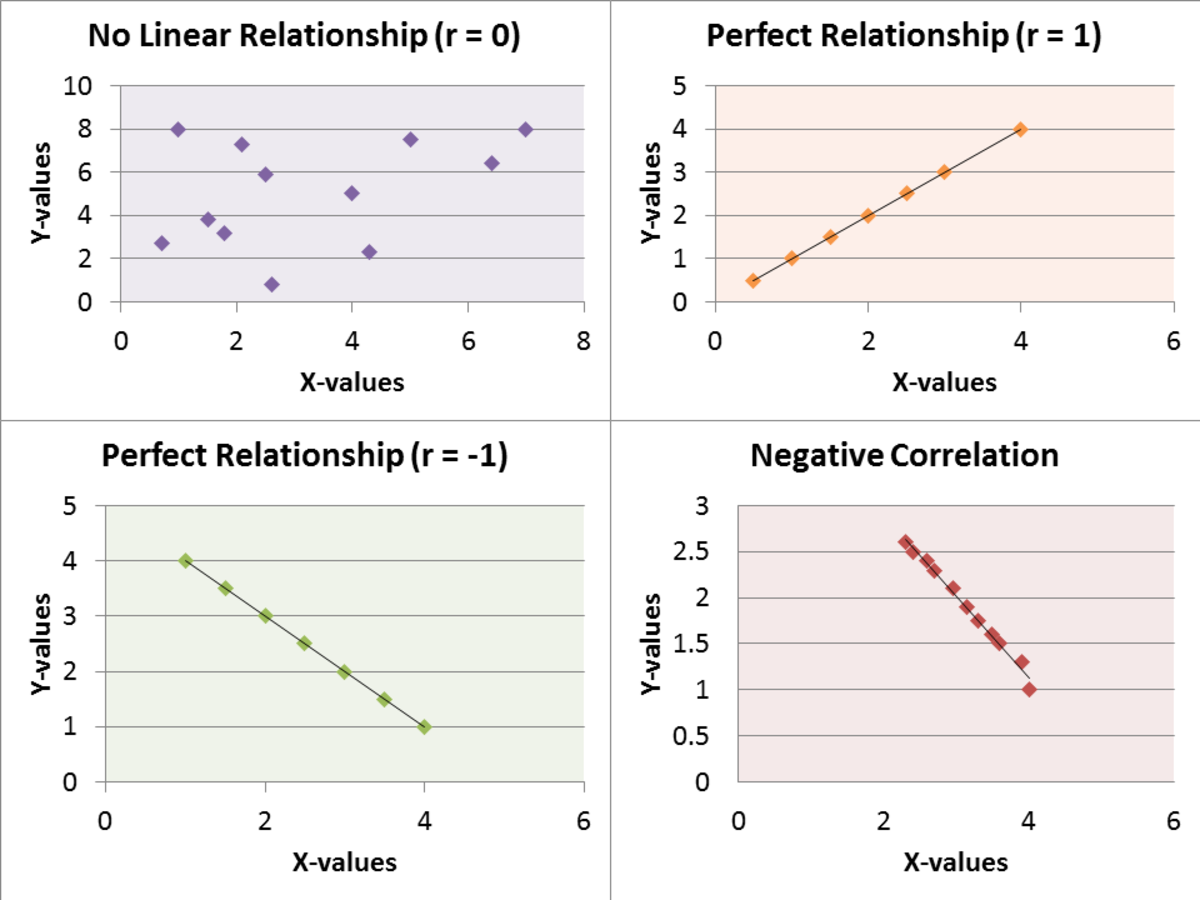Are Statistics Accurate? Where Do Statisticians Get Their Data?
The great Mark Twain as well as many other famous people didn’t put much stock in statistics and for good reason; most are biased.
“An unsophisticated forecaster uses statistics as a drunken man uses lampposts - for support rather than for illumination.”
Andrew Lang
“Lies, damned lies and statistics.”
Mark Twain
“Definition of Statistics: The science of producing unreliable facts from reliable figures. “
Evan Esar
Polls
During Sociology class we were sent out to get different test results from the public. Going to the mall or around campus with clipboard in hand we’d ask general questions in different ways to see what the answers would be.
You can ask a person, “Do you like peanut butter?” If you ask with a big smile on your face, even licking your lips and an upward lift to your voice at the end of the sentence you are apt to get more positive answers.
If you asked the same question frowning or grimacing with a downward tone at the end of your sentence you will get more negative answers. Someone who would normally tell you they don’t like peanut butter would tell you, “It’s okay,” if they see you licking your lips and appearing to be a lover of the spread. They don’t want to hurt your feelings since you clearly love peanut butter so you are apt to get more positive results.
People are social creatures and heavily influenced by our peers more than you realize.
It’s like the old joke where the little boy goes up to a house and says, “You don’t want to buy any candy do you?” Of course the boy doesn’t sell many boxes.
If the person giving the poll is against a measure or subject the results will be negative. If the person giving the poll is enthusiastic about the data they are gathering, the results will be as well.

The introduction speech has a lot to do with the answers the interviewer will get.
This is why if a white man is asking questions about another male race and he wants the results to be negative, it most definitely will be. I’m not picking on white guys; this could be true of any person anywhere in the world. I’m simply using this analogy because most poll takers here in America are Caucasian males. I bet you didn’t know that.
I’ve seen this happen time and time again and it is why I take polls with a grain of salt. If someone tells me that statistically more Asian American men are this or that unless an Asian American man has actually given the poll I’m not going to believe the results. And you know what? Even if an Asian American guy asked all of the questions I still will be skeptical unless I know him and was present during part of the polls because if he’s been led to believe the negative questions on his poll it can also affect the results.
Do you see how this can be greatly swayed?
If you tell people something over and over again, eventually they start to believe it even if it isn’t true.
Studies
The first thing you have to realize is that most people doing studies have an agenda. They have a case they are trying to prove, so naturally they are going to look for evidence to back up their beliefs.
They don’t want to include information that proves them wrong. What good would that do?
People see what they want to see. Look at witnesses at a crime scene. Each person sees something totally different. The investigators have to look for the similarities in descriptions and information each interviewed person gives. To a tall guy the perpetrator was average or short. To a short woman the criminal was tall.

Collection of data
Some statistics are simply gathering of information and you might think these cannot be changed or construed to give wrong information but it can.
If a politician wants you to believe the unemployment rate has improved he simply collects data agreeing with his opinion.
You can look at the recently unemployed which may have declined or you can look at the overall annual numbers or go back five years, which would include a greater number of people.
You can collect numbers only from the larger cities and overlook the rural areas. You can count households instead of people because as long as one of the spouses is working it will show an income even though the main bread winner may have been laid off. You can pick states with employment growth and leave out the ones losing jobs.
You see how statistics can be changed to suit the individual’s personal gain?
Should you believe any statistics?
I believe you should take the information into consideration but don’t believe it as the complete story.
The census bureau gives an educated estimate of the people in our country, their race, their marital status as well as a few other numbers but it is not the complete picture nor will it ever be. Why?
There are many people living in America that will never be counted. This nation is too large to track down every living soul to get their information. On top of that there are many who will not give accurate or true answers. You can tell them your kids are white when they are in fact African American or you can tell them you have three kids when you have six. Census takers are temporary workers and don’t have the time to make sure they see each and every person they list on their paperwork.
They do not ask to see marriage licenses, birth certificates, CDIB cards or green cards. And of course you have to consider most forms are mailed in and that information is not verified either.
The media influences our answers
Hollywood has a direct affect on what Americans and even other countries think about a certain issue, people or way of life.
Look at a few decades ago compared to today. Our parents had a different opinion about women in military, African Americans and the environment to mention a few. If they were asked what they thought about these topics in the 70’s the answers and polls would be quite different than the data that would be acquired today.
Television shows and movies make us who we are. That's scary. You don’t believe me look around at the women with breast implants and collagen injections in their lips to look like celebrities. Look at the men who walk around with facial stubble and shaved chests.
That’s not counting the views we hold and slang we use.
This is why it’s so detrimental for movies to have women as sex symbols, American Indian men as bad guys or senior citizens as unimportant. It’s what people come to expect from those individuals whether they realize it or not.
“Studies have shown that people will believe anything if you preface it with, ‘Studies have shown.’”
- What Our Appearance Says About Us
Whether we like it or not our appearance sets a picture in other people’s minds of the kind of person we are. Subconsciously we all draw our own conclusions whether we realize it or not.









